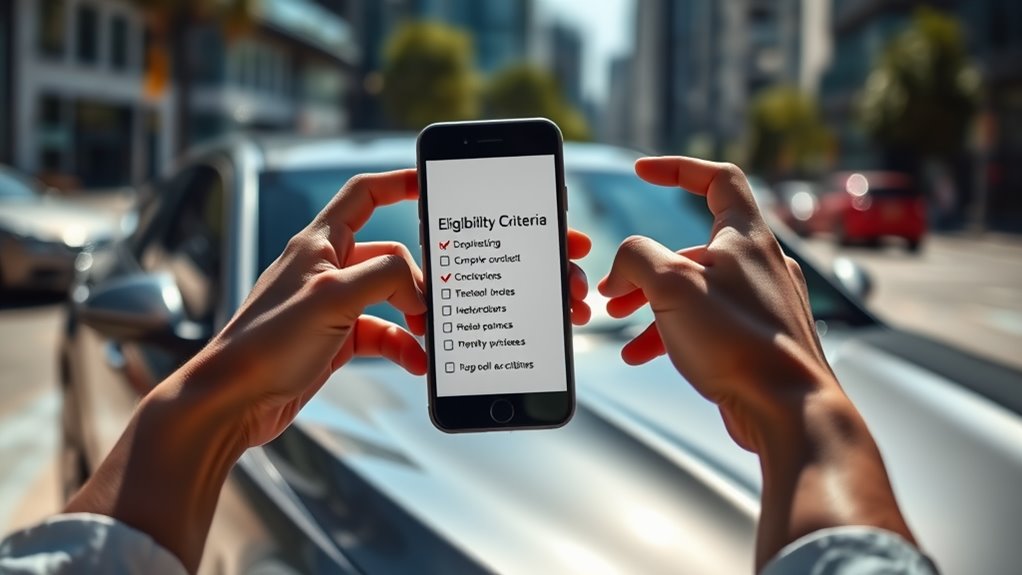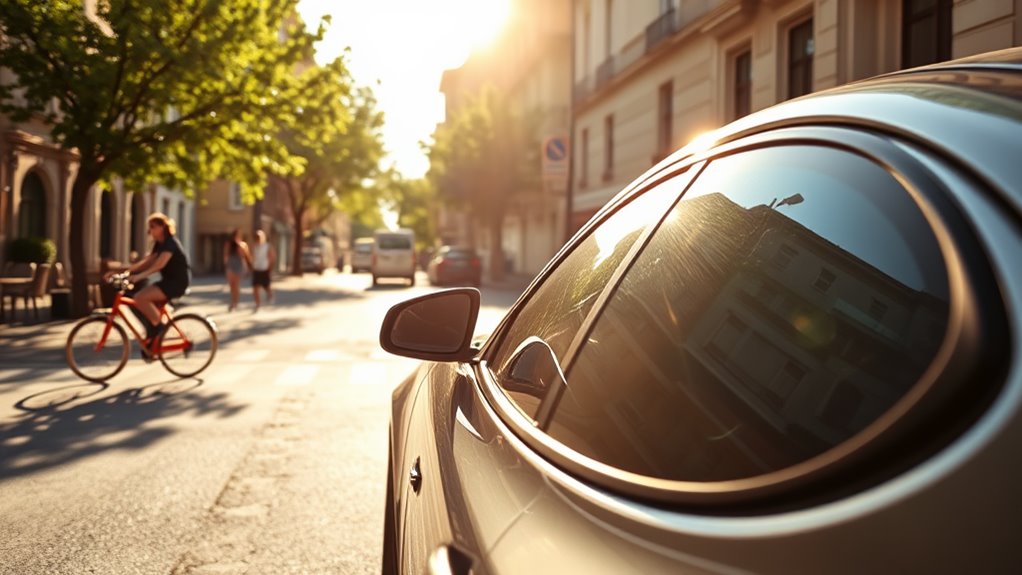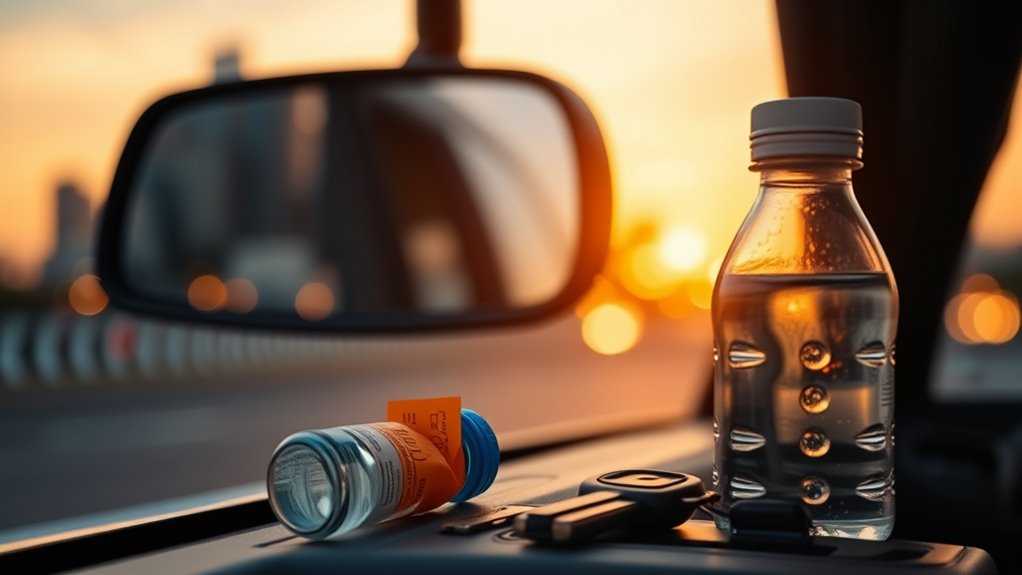You might think a DUI conviction means you'll never find affordable car insurance again, but that's not necessarily true. While it's true that many insurers see DUIs as a sign of higher risk, there are options available if you know where to look. Understanding how to navigate the insurance landscape after a DUI can make a significant difference in your premiums and coverage options. What steps can you take to improve your chances of qualifying for insurance?
Have you recently faced a DUI conviction and are now wondering how it impacts your ability to qualify for car insurance? The reality is that a DUI conviction can greatly affect your insurance rates and options. Insurance companies assess you as a higher risk, which typically results in a considerable increase in your premiums. In fact, you might see your rates rise by 50% to 100% or more, depending on various factors like your age, driving history, and the type of vehicle you drive.
In some states, you may be required to obtain an SR-22 or FR-44 certificate to demonstrate your financial responsibility after a DUI. These certificates aren't insurance policies but rather proof that you meet the minimum insurance requirements mandated by the state. If you live in a state that requires an FR-44, like Virginia, be prepared for higher liability limits compared to standard policies. These requirements can complicate your search for affordable insurance, particularly if you don't own a vehicle, as you may need a non-owner SR-22 or FR-44 policy. Additionally, non-owner car insurance can provide coverage for those who drive but do not own a vehicle.
Following a DUI conviction, some insurance companies may choose to cancel your existing policy, leaving you to find new coverage. This can be challenging, as not all insurers offer coverage to individuals with a DUI on their record. When you do shop for new insurance, compare rates across different insurers to identify the most affordable options. It's vital to take into account not just the premium, but also the deductibles and coverage options, as these factors will ultimately influence your overall costs.
Several factors will affect your insurance rates post-DUI. Younger drivers, for instance, often face steeper increases than older, more experienced drivers. Additionally, if you have a history of prior accidents, your rates may be even higher. Different states have varying regulations and required coverage limits, so what you experience in one state might differ markedly in another. Courts may impose additional penalties that can further affect your eligibility for insurance, making it important to be aware of your local laws. DUI convictions are seen as high risk by insurance companies, which can significantly limit your options for coverage.
Over time, the long-term effects of a DUI on your insurance can vary. Most DUIs remain on your driving record for up to 11 years in some states, impacting your rates for the duration. However, if you manage to maintain a clean driving record after the DUI, you might see your rates stabilize or even decrease as time passes. The longer the DUI is on your record, the longer your rates may remain elevated.
If you find yourself struggling to secure coverage, consider specialized insurers that cater to high-risk drivers or companies that offer non-standard policies. These options can provide the necessary coverage while you work toward improving your driving record. Ultimately, guiding through the insurance landscape after a DUI can be challenging, but with careful research and comparison, you can find a policy that meets your needs.
Conclusion
Steering through the car insurance landscape after a DUI can feel like climbing Mount Everest, but it's not impossible. By shopping around and exploring specialized providers, you can find coverage that fits your needs. Remember, maintaining a clean driving record post-DUI is essential; it can pave the way to lower premiums over time. Stay persistent and informed, and you'll be well on your way to securing the insurance you need without breaking the bank.





